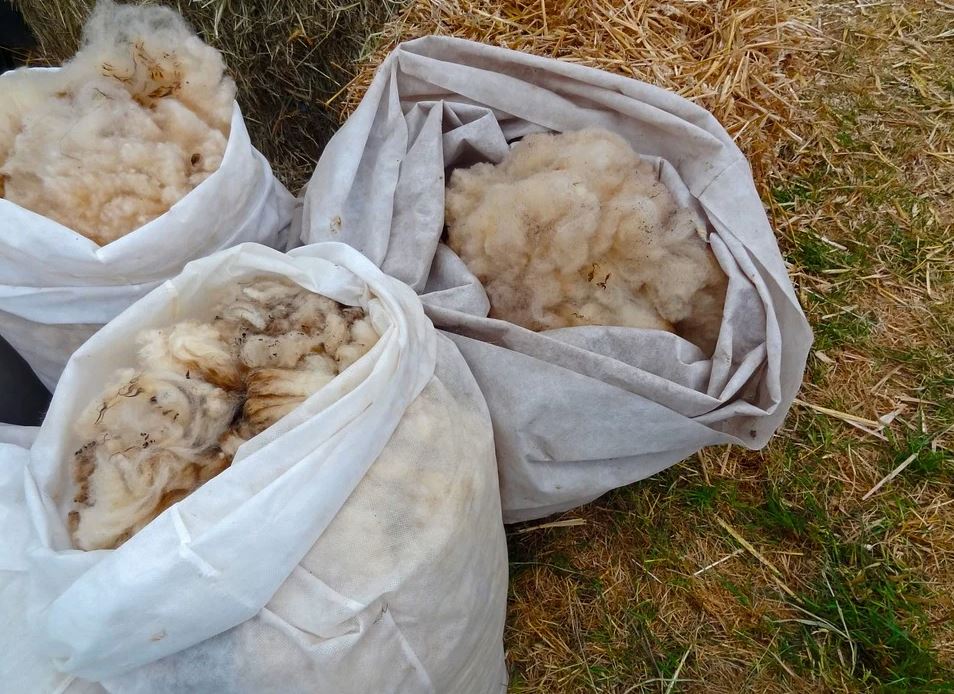The long-awaited wool feasibility report, published today (Friday, July 1) by the Department of Agriculture, Food and the Marine (DAFM) offers very little to farmers.
That is the view of the Irish Farmers’ Association sheep chair, Kevin Comiskey who said the report‘s recommendations are “another tactic to delay supporting farmers for what is a huge cost burden on sheep farms”.
One of the main recommendations of the Department of Agriculture, Food and the Marine; Review of Market Opportunities for Irish Grown Wool Based Products is the the establishment of an industry-led wool council, which would develop and promote Irish wool domestically and internationally.
The DAFM has also confirmed that it will provide financial assistance of €30,000 towards the initial set-up costs.
But Comiskey said €100,000 has been spent, and a lot of time lost, for a report that merely confirms what industry and farmers already know.
Comiskey said the recommendations of the report are another tactic to delay supporting farmers for what is a huge cost burden on sheep farms.
He said the IFA will actively participate in the council, but he said such a forum – if successful – will not have any meaningful impact on the price of wool at the farm gate for the foreseeable future.
“We are in another clipping season with wool prices of 20c/kg providing no incentive for farmers to present the wool for further added value use,” he said.
He claimed that Minister Charlie McConalogue and Minister Pippa Hackett have hidden behind this report for the past two years to avoid addressing the issue for sheep farmers.
“There are no immediate pathways identified that will increase the value of wool at the farm gate and direct support for farmers for this critically important animal health-and-welfare practice on farms must be provided,” he said.
The report does recognise the substantive point that IFA have consistently put forward, he said, that “the buy in of farmers to the potential value of wool is essential as without it, every other player along the value chain will be happy to exploit this resource without rewarding the primary producers”.
Comiskey said this is “as clear a call out for the need for direct support for the primary producer as you could expect from a government-funded study”.
He added that the IFA has sought the inclusion of shearing as an action in the new Sheep Improvement Scheme but the minister and his officials have refused to include it.
He said Minister McConalogue must come forward with his proposals to support sheep farmers directly for the shearing costs with incentives to ensure the wool is presented in optimal condition for further added value uses.
“Sheep farmers are already under enormous pressure with input costs. They do not have the capacity to absorb these costs. Shearing is a significant annual cost for sheep farmers which the minister can address if there is a will to do so,” he said.
